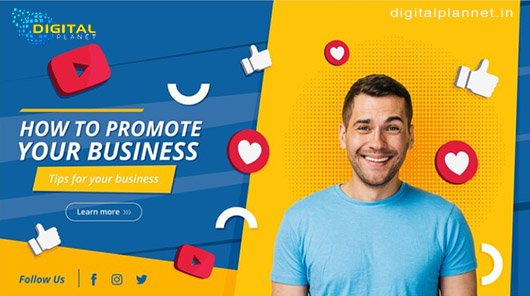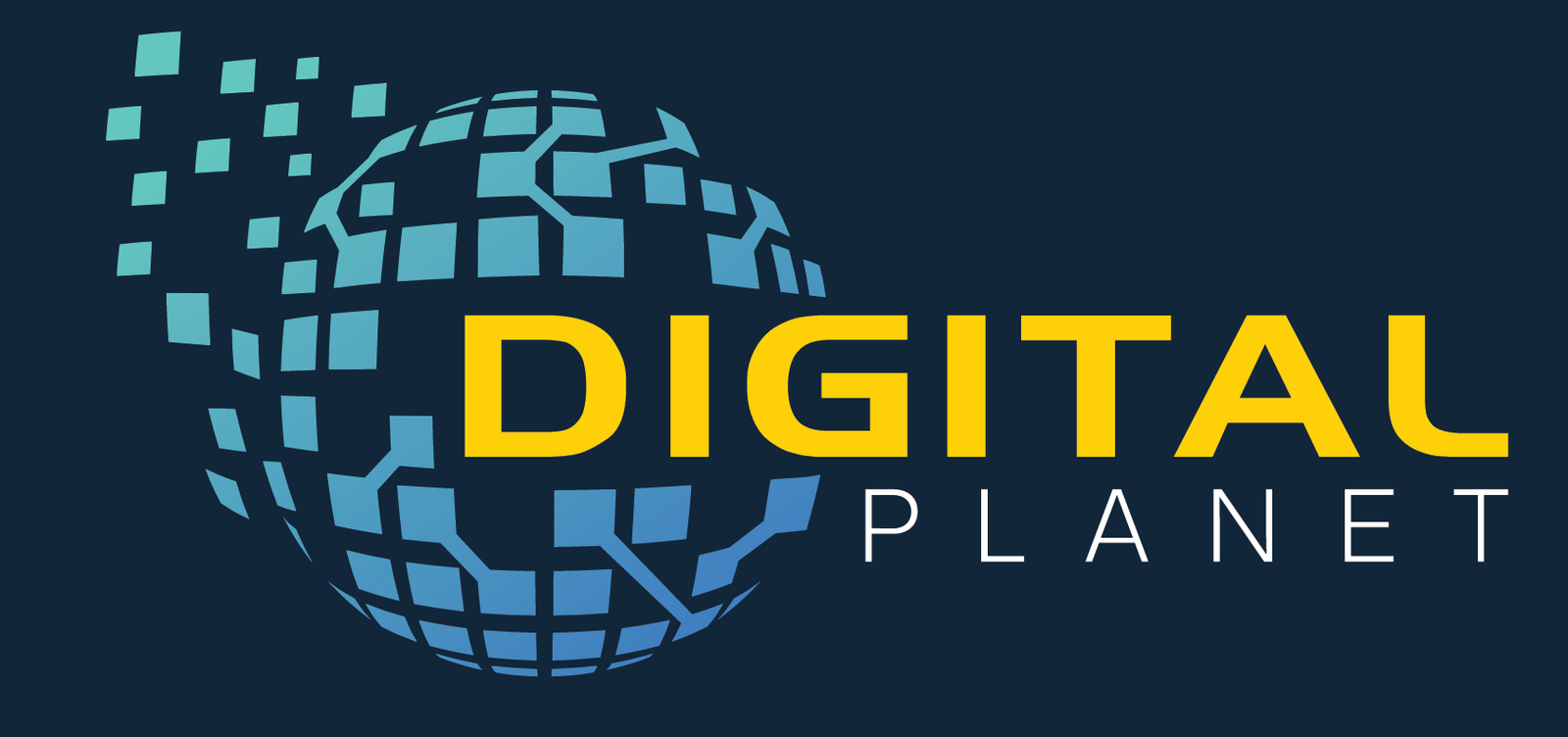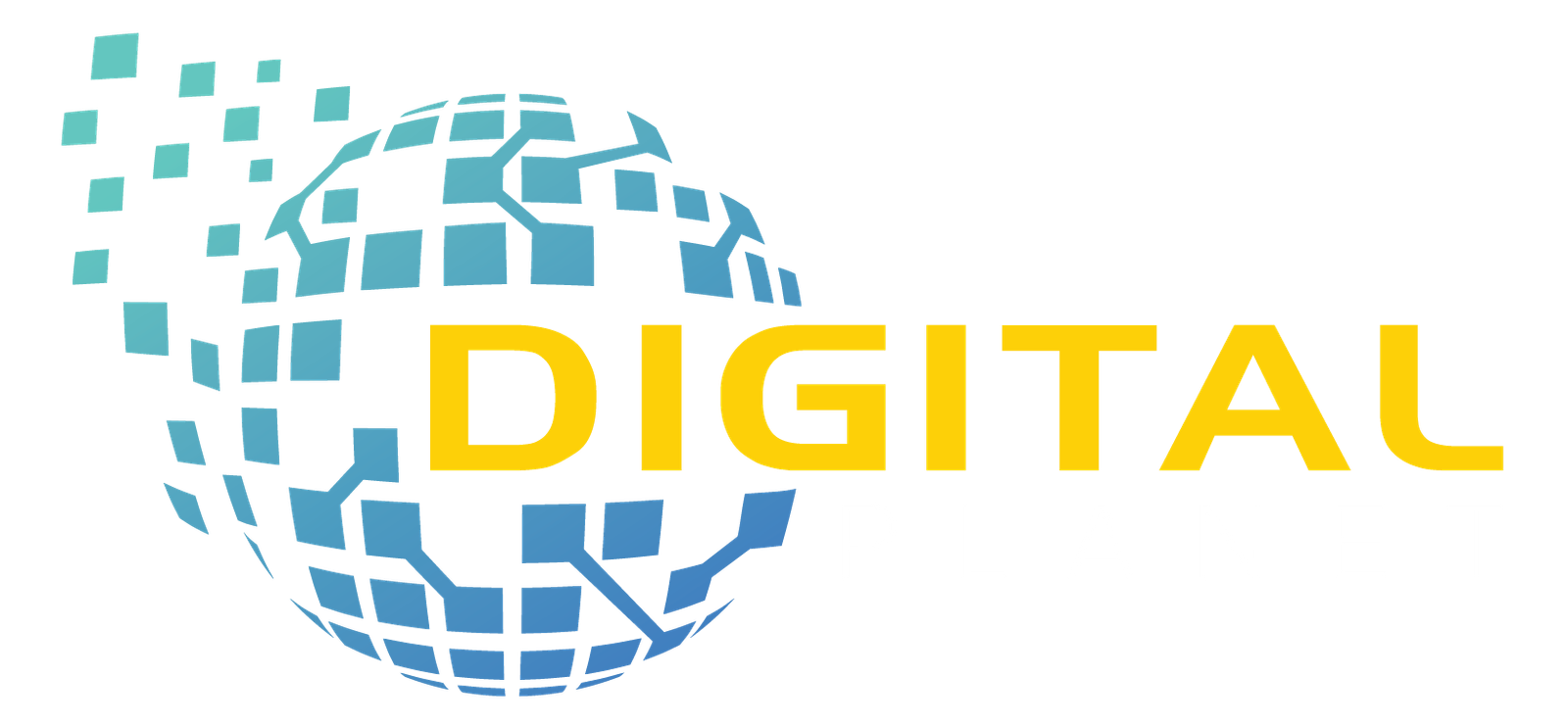Mastering Multi-Platform Influence: A Comprehensive Guide to Instagram, YouTube, and Facebook Marketing Strategies:

Influencer marketing spans various social media platforms, each with its unique features and audience. Here’s a breakdown of what is typically covered in influencer marketing on Instagram, YouTube, and Facebook:
-
Instagram Influencer Marketing:
- Visual Content: Instagram is a visual platform, so influencer marketing on Instagram heavily relies on high-quality and visually appealing content.
- Instagram Stories and Reels: Utilizing Instagram’s features like stories and reels for short-form and engaging content.
- Instagram Shopping: Leveraging Instagram’s shopping features to promote products directly within the platform.
- Hashtag Campaigns: Creating and promoting branded hashtags to increase visibility and engagement.
- Influencer Takeovers: Allowing influencers to take over brand accounts temporarily for authentic and immersive content.
-
YouTube Influencer Marketing:
- Video Content: YouTube is a video-centric platform, and influencer marketing involves creating compelling video content.
- Product Reviews and Tutorials: Influencers often provide in-depth reviews or tutorials showcasing a brand’s products or services.
- Collaborations: Collaborating with influencers for joint videos, interviews, or challenge videos.
- Long-Form Content: Taking advantage of YouTube’s longer video format for detailed storytelling or educational content.
- YouTube Ads: Integrating paid promotions and advertisements within YouTube videos.
-
Facebook Influencer Marketing:
- Written and Visual Content: While text-based content is prevalent on Facebook, visuals also play a crucial role. Video content is particularly popular.
- Facebook Groups: Engaging influencers in relevant Facebook groups to foster community and discussions around the brand.
- Live Video: Utilizing Facebook Live for real-time interactions and promotions.
- Sponsored Posts: Boosting influencer content through sponsored posts for increased reach.
- Event Promotion: Using Facebook events for product launches, promotions, or influencer meet-ups.
Each platform requires a tailored approach based on its strengths and user behavior. The key is to collaborate with influencers who resonate with the target audience and create authentic, engaging content that aligns with the brand message. Additionally, tracking metrics such as engagement, reach, and conversions is essential for measuring the success of influencer marketing campaigns on these platforms.
In this comprehensive guide to multi-platform influencer marketing, discover how DigitalPlannet.in, a leading digital marketing agency, plays a pivotal role in optimizing marketing strategies across Instagram, YouTube, and Facebook, ensuring brands unlock the full potential of their influencer collaborations for maximum impact and reach.
FAQs:
1. Why is multi-platform marketing important?
– Multi-platform marketing allows you to reach diverse audiences across different channels, maximizing your brand’s exposure and engagement potential.
2. How do I determine which platforms are best for my brand?
– Consider your target audience demographics, content format preferences, and marketing objectives to select platforms where your brand can effectively engage with and resonate with your audience.
3. Should I use the same content on all platforms?
– While consistency in brand messaging is key, it’s essential to tailor content to fit each platform’s unique audience and features. Adapt content formats and messaging to optimize engagement on each platform.
4. What are some effective Instagram marketing strategies ?
– Utilize visual storytelling, leverage Instagram Stories and Reels, engage with user-generated content, and use relevant hashtags and location tags to increase discoverability.
5. How can I optimize my YouTube channel for better engagement?
– Create high-quality, value-driven content, optimize video titles, descriptions, and tags for searchability, engage with your audience through comments and community posts, and collaborate with other YouTubers or influencers.
6. What are some key tactics for successful Facebook marketing strategies ?
– Focus on creating engaging content that sparks conversation, utilize Facebook Ads for targeted reach, engage with your audience through comments and Messenger, and leverage Facebook Groups for community building.
7. How do I measure the effectiveness of my multi-platform marketing efforts?
– Monitor key metrics such as reach, engagement, click-through rates, conversion rates, and audience demographics across each platform. Use analytics tools provided by the platforms and third-party analytics services for comprehensive insights.
8. Should I prioritize one platform over others?
– While it’s essential to allocate resources effectively, a balanced approach that leverages the strengths of each platform can yield the best results. Evaluate performance regularly and adjust your strategy as needed.
9. How can I stay updated on changes and trends in multi-platform marketing strategeis ?
– Follow industry blogs, attend webinars and conferences, participate in online communities, and engage with other professionals in the field to stay informed about the latest developments and best practices in multi-platform marketing.
10. Where can I find additional resources to enhance my multi-platform marketing skills?
– Explore online courses, ebooks, and case studies, join relevant social media and marketing groups, and network with industry experts to access valuable insights and resources for refining your multi-platform marketing strategies.

